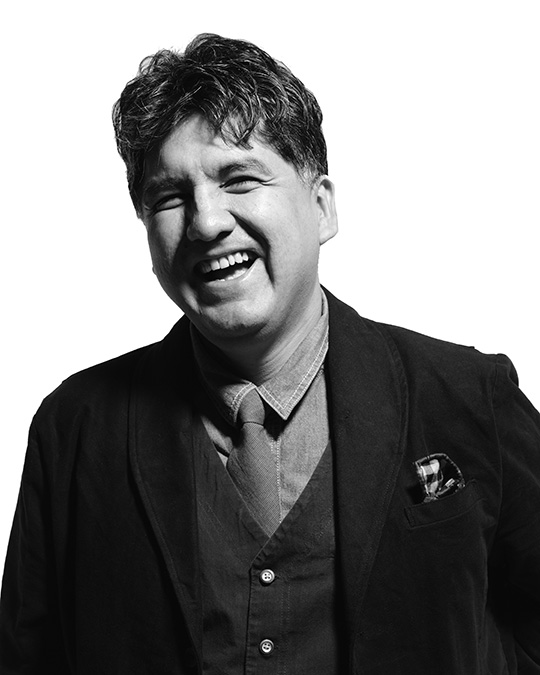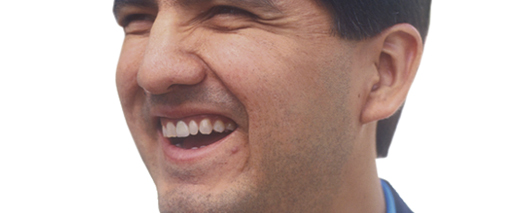Culture Shock: The Only Provable Way To Improve Your Life
Sherman Alexie Visits Our “Literary City”


Latest Article|September 3, 2020|Free
::Making Grown Men Cry Since 1992




